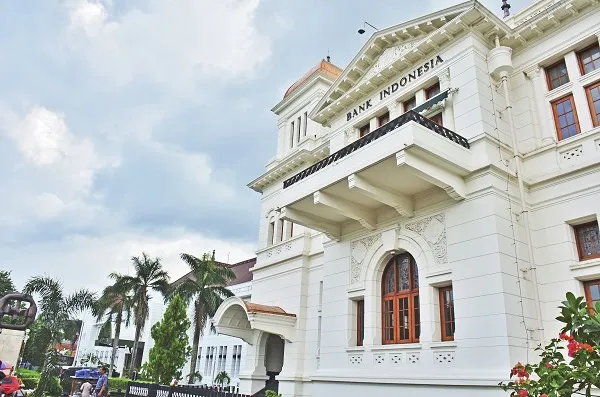
Indonesian banks refuse to pass rate hike burden to consumers
Borrowing costs remain low as lenders hope to stoke consumption.
Bloomberg reports that consumer borrowing costs in Indonesia trail behind central bank rates as Indonesian lenders refuse to shift the burden of higher rates to consumers.
Bank Indonesia has already raised its benchmark rate six times in 2018 in an effort to stem the currency sell off but consumers can still avail of cheap loans as banks in the country aim to revive subdued consumer borrowing by keeping borrowing costs down.
“We don’t feel there is a need to raise our rates again until year-end,” Jahja Setiaatmadja, president director of PT Bank Central Asia told Bloomberg.
Also read: Singapore banks fare better than Indonesian lenders amidst rate hikes
Banks are also tiptoeing to avoid a spike in non-performing loans. “In principle, lending rate hikes should be done carefully by considering debtors’ capability in order to prevent there being a negative impact on lending quality,” PT Bank Negara Indonesia president director Achmad Baiquni said.
The move to stand pat, however, may come at the expense of banking profitability given that deposit rates have a tendency to rise first ahead of loans and rate hikes would bring about weaker net interest margins in the short-term, DBS Bank Research said in a note. In fact, DBS estimates that every 25 bp increase in interest rates is poised to reduce Indonesian bank earnings and NIMs by 2% and 5 bps on average.
Also read: Indonesian banks turn to EDCs to weather crippling rate hikes
On the other hand, loan growth has steadily grown to 13% YoY in September, from 7.6% at the beginning of 2018 despite the back-to-back monetary tightening, data from the Financial Services Authority show.
Indonesia’s big banks are particularly positioned to benefit from high single-digit loan growth over the coming months, according to UOB analyst Alexander Margaronis, with Bank Mandiri, Bank Negara Indonesia and Bank Central Asia set to profit the most from higher lending rates as over 70% of their total loan books are in variable rate terms.
On the other hand, Bank Rakyat Indonesia will be amongst the hardest hit as 97% of its consumer loans are fixed,
Here’s more from Bloomberg:






![Lorem Ipsum [ABF 1]](https://cmg-qa.s3.ap-southeast-1.amazonaws.com/s3fs-public/styles/exclusive_featured_article/public/2025-03/a_hand_pointing_to_a_futuristic_technology_5b87c9d0e3_1.png.webp?itok=2w0y1WhS)


![Cross Domain [Manu + SBR + ABF + ABR + FMCG + HBR + ]](https://cmg-qa.s3.ap-southeast-1.amazonaws.com/s3fs-public/styles/exclusive_featured_article/public/2025-01/earth-3537401_1920_4.jpg.webp?itok=WaRpTJwE)








 Advertise
Advertise

